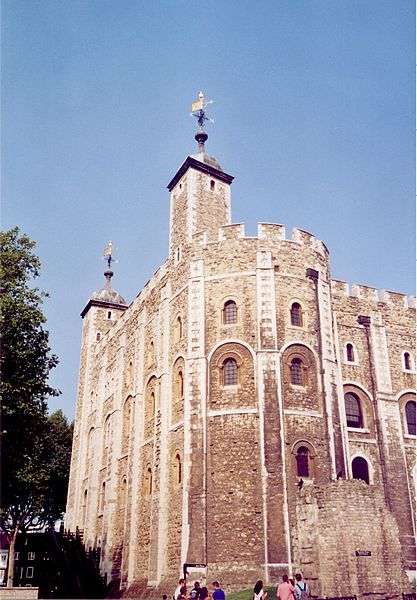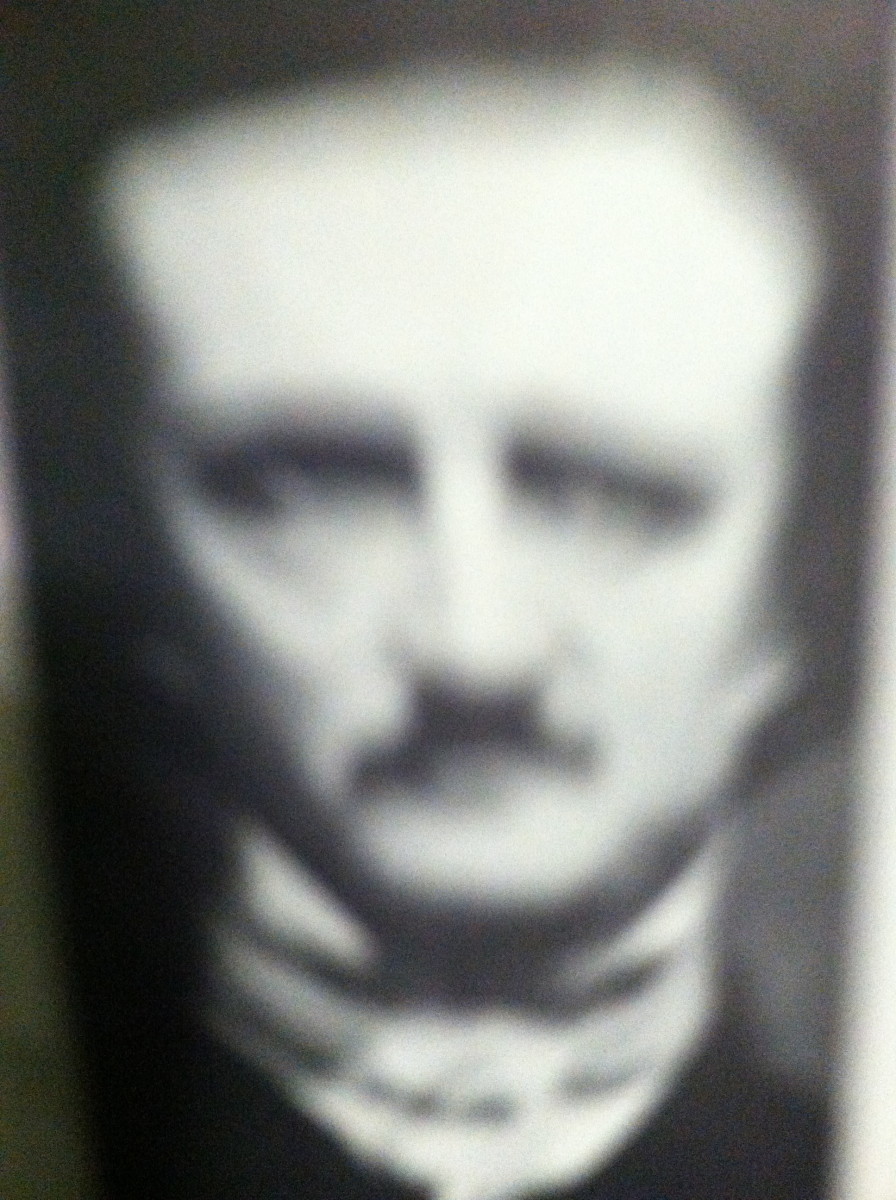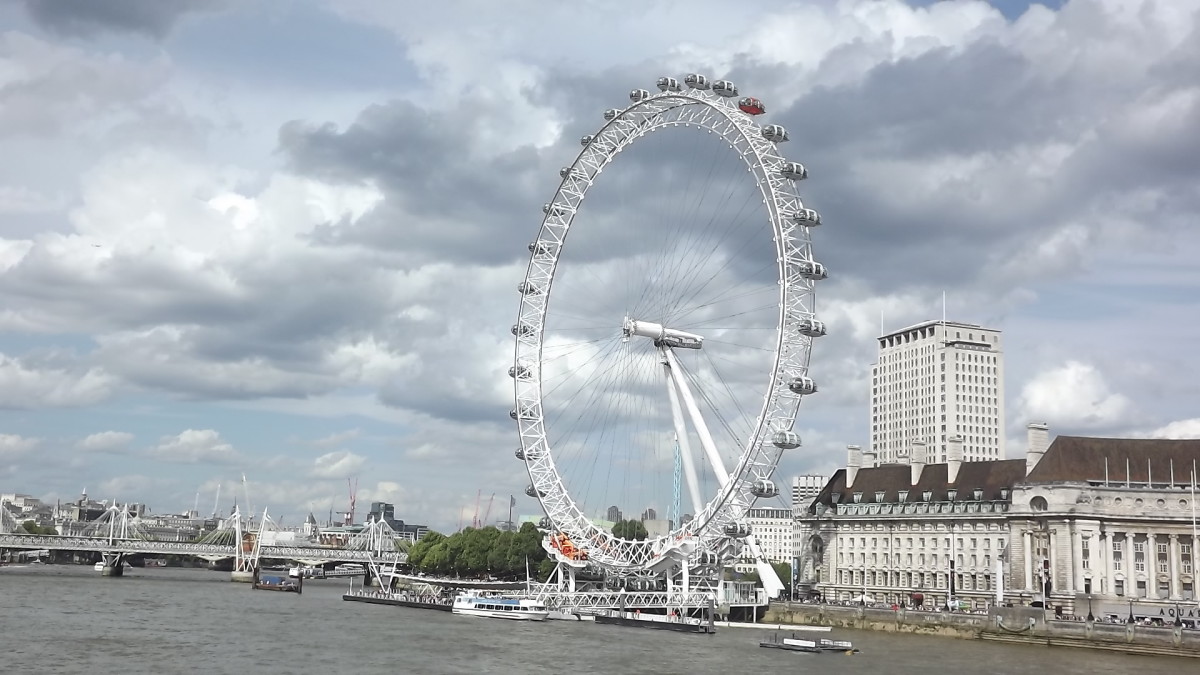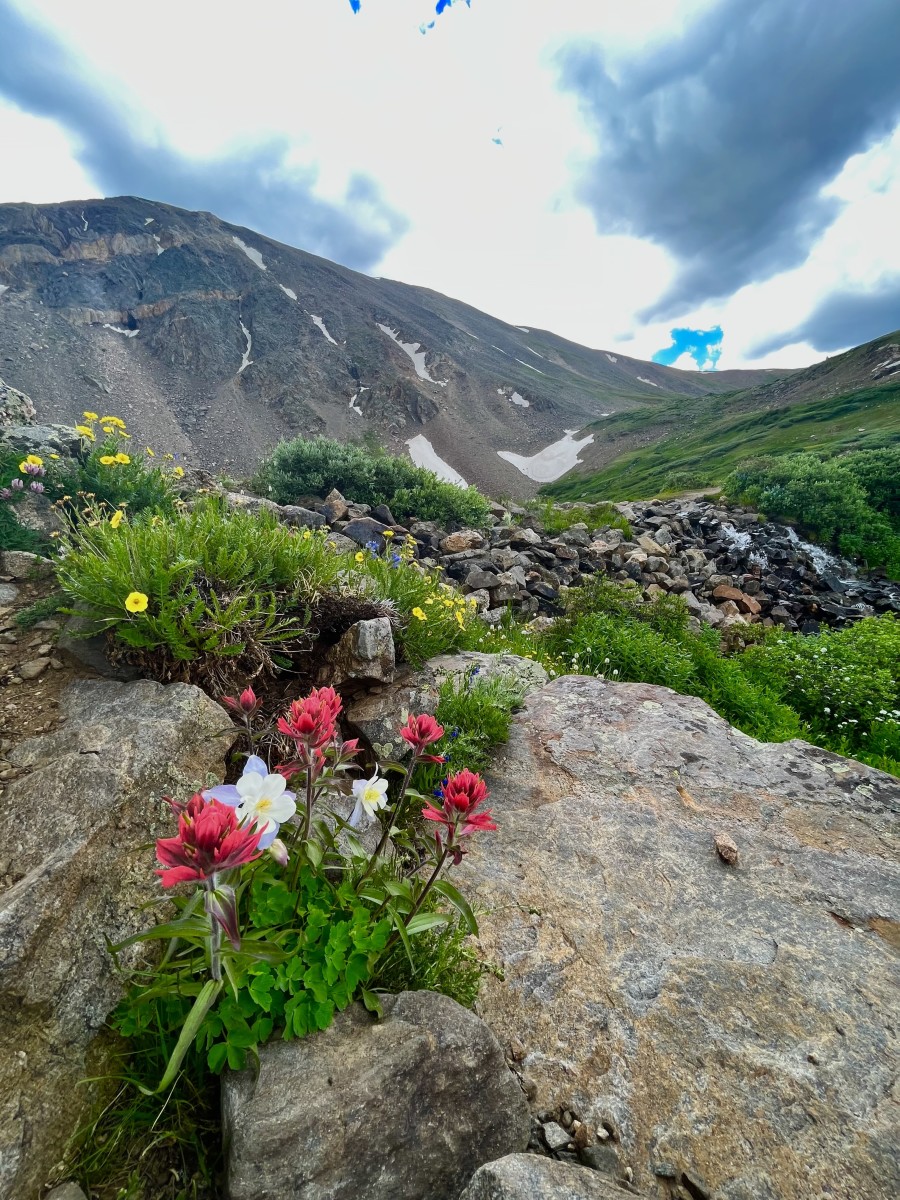Dark Tourism: Vacations For Those Obsessed With Death

Millions of people travel yearly for family vacations to such places as amusement parks, beaches and the mountains but some travelers opt for more somber, if not macabre settings for their family getaways. For centuries, people have traveled to visit the places where their ancestors have been laid to rest, but this migration to places of death is relatively recent.
Dark tourism is defined by Wikipedia as 'travel to places associated with death and tragedy.' Also called black tourism, grief tourism or death tourism, these sites are usually places with major historical significance. Thanatourism is a term usually more associated with violent death, including execution sties and dungeons. These terms also encompass sites such as battlefields, institutions like former prisons or sanitariums and even sites of major disasters.
Dark tourism officially became a subject of scientific study in 1996, when professors at the Glasgow Caledonian University in Scotland coined the term and many people have delved into the obsession with death sites over the last several years.

Why the Fascination with Death?
Since the dawn of time, humans have had a fascination with death. It represents the unknown, and our own mortality is something that nearly all of us fear. Thousands of years ago, Egyptians mummified their dead as a 'leg up' into the afterlife, and entire religions have been built around the concepts of heaven and hell, the two places one might end up when they die.
In modern times, it seems as if death is everywhere and we are more desensitized to it now than ever. It's nearly impossible to turn on the evening news without hearing of some atrocity committed in a far off land, or even murders around the corner from our homes. Many people are disturbed by the recent atrocities in Darfur, and it seems as if the world turns itself upside down whenever a beloved celebrity passes away. Many people are also fascinated by people who cause death, namely serial killers, and those who either intentionally or inadvertently cause the deaths of their own followers, like David Koresh and the Branch Davidians. Charles Manson has held the fascination of the public ever since he was first mentioned as a possible person of interest in the Tate-La Bianca murders in 1969.
It's estimated that about 150,000 people die on this planet every day. So, death is everywhere.

Popular Dark Tourism Sites
Though there are thousands of places in this world that can be considered dark tourist sites, these are the most popular.
The United States
- The World Trade Center - The site of the terrorist attack in New York on September 11, 2001, the WTC or "Ground Zero" as it is referred to, has attracted millions of visitors since the event. Though tourists aren't really allowed at the Pentagon, the site near Shanksville, PA where flight 93 crashed also received a lot of visitors.
- Alcatraz Island - An infamous prison in the San Francisco bay that housed some of the worst of the worst criminals in American history, Alcatraz does see many visitors every year, usually in the form of boating cruises.
- Gettysburg - The site of one of the bloodiest battles of the US Civil War, Gettysburg is also the setting for President Abraham Lincoln's famous Gettysburg Address. It is estimated that the combined US and Confederate forces lost over 50,000 brave souls in three days of fighting. Gettysburg receives millions of visitors yearly.
Europe:
- The Tower of London - Receiving hundreds of thousands of visitors yearly, the Tower of London was the site of many brutal executions of famous people and royals.
- Chernobyl - Though access to the site of the 1986 nuclear disaster in the Ukraine is restricted, there are plenty of people who want to visit.
- Auschwitz - The death camps run by the Nazis during World War II have been big tourist draws for decades. Modern museums with media displays now explain to visitors the sad history of the concentration camps.
Asia:
- Hiroshima Peace Memorial Park - Located on the site of the H-bomb's 1941 detonation, Hiroshima Peace Memorial Park is a memorial to the Japanese lives lost in World War II. A bell sounds at 8:15 every morning to mark the time of the explosion.
- Choeng Ek Killing Fields - Located in Cambodia, the Choeng Ek Killing Fields, with the addition of Security Office 21, these installations memorialize those innocent civilians who were murdered during the years or the reign of the Khmer Rouge. Also part of the Khmer Rouge tourism business in Cambodia is the Tuol Sleng Genocide Museum.
Africa:
- The Slave Castles - Located in Ghana, Cape Coast Castle and Elmina Castle figured prominently in the slave trade. These places were considered the "gates of no return," because the people who were held here were to be transported across the oceans to become slaves.

Is Dark Tourism Exploitation?
Though some people say that dark tourism is a part of human nature, others suggest that it's exploitative. Many do not agree with attractions that are established at these sites with the purpose of profit, that there should be no one gaining from others' suffering. It is argued that people who run these sites are preying on the emotions of the travelers who come to visit, selling them trinkets and t-shirts when they are paying an emotional visit to a historic place.
It has been noted that, at Ground Zero in New York, the increased tourist traffic since the 9/11 Memorial was opened has also brought out more memorabilia peddlers.
Regardless of the attractions, amenities and merchandise, though, people will likely never stop visiting these sites. And, as long as there are tin-pot dictators who commit mass murder and, as long as natural disasters, accidents and wars are happening, the number of dark sites will continue to rise.
Interesting Documentary About Dark Tourism
© 2012 Georgie Lowery





